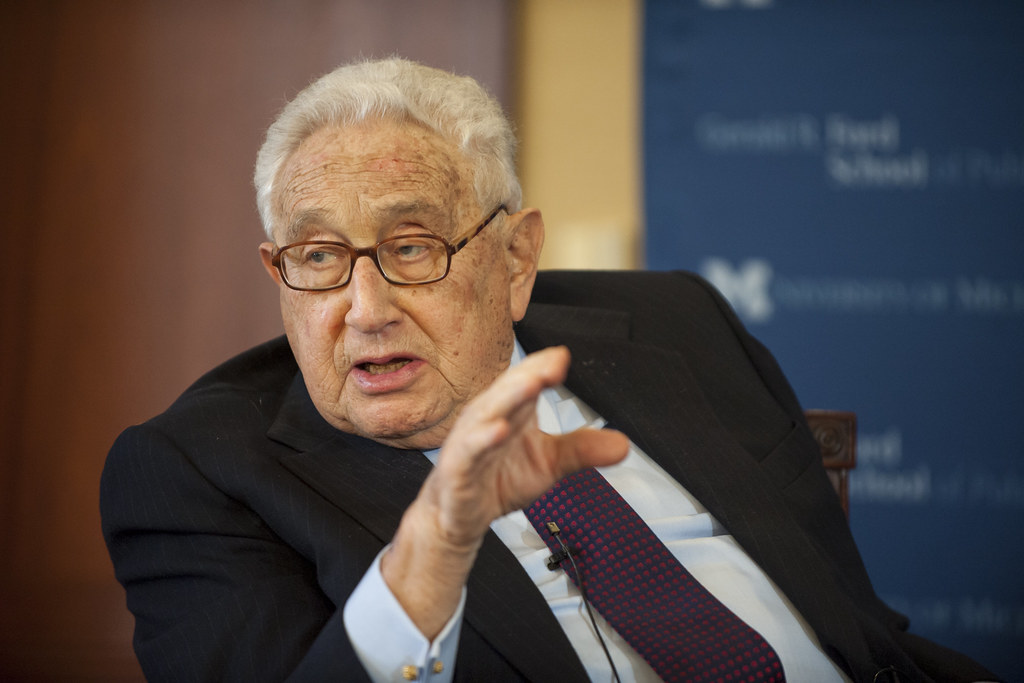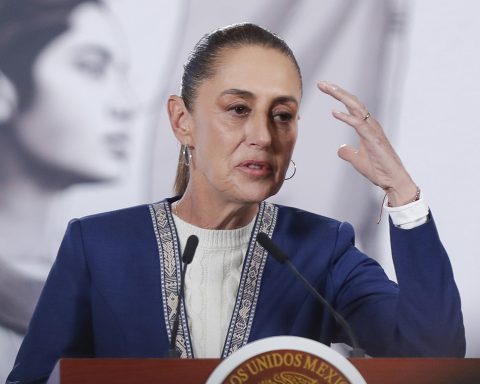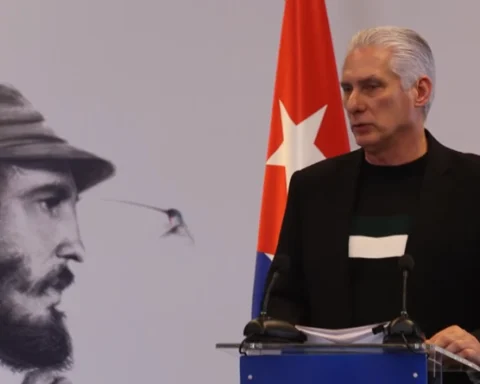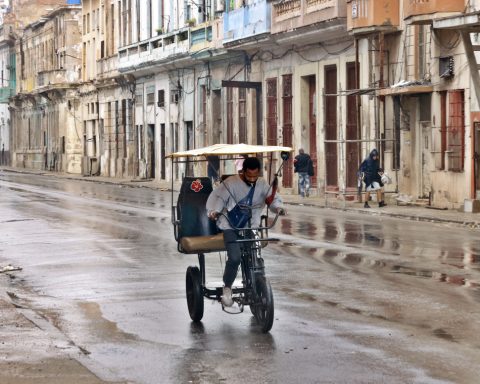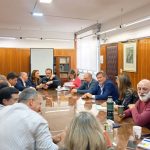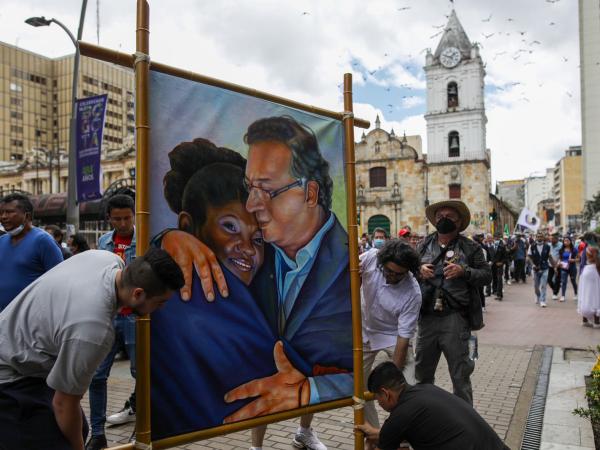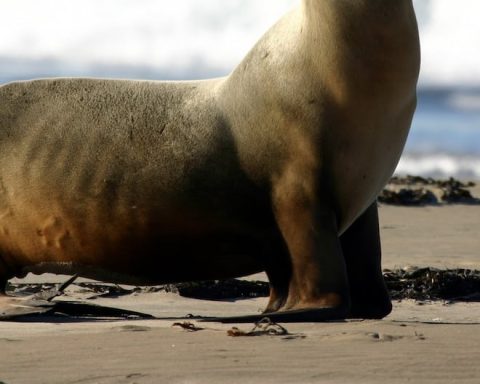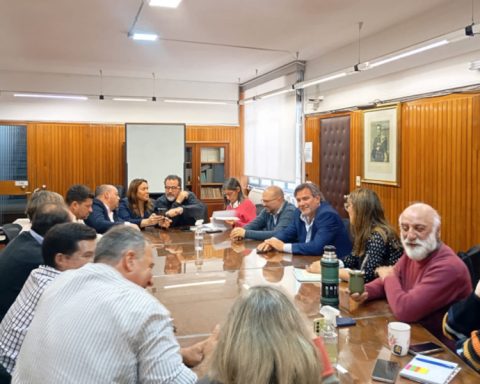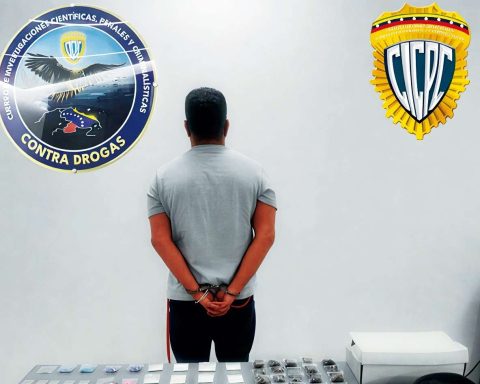MIAMI, United States.- It came from the hands of Beatrice Rangel. I met her when she was a minister for Carlos Andrés Pérez, in his second government. She really was more than a minister. She was a “fire extinguisher”, as she should be in any self-respecting Latin American government. Because she was devilishly smart, and because she spoke English and French as well as Spanish, and because she was highly educated, she was perfect for the job.
I saw her again at the beginning of the Venezuelan exodus a few years ago, linked to a foundation that was kneeling for the democratic institutions of Latin America (Interamerican Institute for Democracy), which today is directed by Tomás Regalado, former mayor of Miami. She was now the bearer of a work by Henry Kissinger (one of the people he most admires) on the subject of leadership. The book brought six examples of very different leaders who had some relationship with Kissinger throughout his prolific life. Kissinger is 99 years old.
The six are Konrad Adenauer (The Strategy of Humility), Charles de Gaulle (The Strategy of Will), Richard Nixon (The Strategy of Equilibrium), Anwar Sadat (The Strategy of Transcendence), Lee Kuan Yew (The Strategy of Excellence), and Margaret Thatcher (The Strategy of Conviction). The six serve to get to know Henry Kissinger better, and to review from the hand of the old Harvard professor his knowledge of World War II, some of the characters he knew directly, and unpublished stories of the Cold War.
However, granting each of the six a particular “strategy” is academic excess. Actually, I think Kissinger, the professor, is trying to parcel out the story to make it more digestible for his students. In any case, the “strategies” were not something thought, but the product of the virtues and defects linked to the character of the person in question.
A book is known by what it says and also by what it does not say. Among the things he deliberately hides is his ambiguous relationship with Israel. It is known that Kissinger is a German-Jewish refugee who arrived in the United States in 1938, along with his parents and his brother. His father was a school teacher. It is known that he was born in 1923, so he arrived at 14 or 15 years old, in full adolescence, which explains why he has never lost the strong German accent with which he pronounces the sentences he writes in magnificent English.
In 1943 he was recruited by the US Army, and there, doing his military service, in South Carolina, he swore the flag and allegiance to the US Constitution, as was required in the nationalization process. Taking advantage of his German, which was excellent, he integrated intelligence units, standing out in the “Battle of the Bulge” (late 1944), the desperate offensive launched by Adolf Hitler through Belgium to try to reverse the course of the conflict. After his defeat in that battle, it became clear that Germany had lost the war. The young Kissinger had to denazify a German district after the victory.
One of the decisive consequences of the Second World War was the creation of the State of Israel. Kissinger briefly met David Ben-Gurion in 1962, when he was a Harvard professor, but had a more intense acquaintance with Golda Meir. He visited her in Israel, but she, as Prime Minister, saw him again in Washington when he was Secretary of State and the point man in the cabinet. Legend has it, never denied by Kissinger, that he was forced to remind the illustrious visitor that “first, he was an American, second, he was Secretary of State, and third, he was Jewish.” Se non è vero è be trovato.
Why didn’t he dedicate one of the laborious portraits to Golda Meir, preferring instead Anwar Sadat alone? Because he is a Jew who prefers not to be. Throughout the work she has divided the six leaders into two parts: the statesmen and the prophets. Israel must irritate “the statesmen” quite a bit. His history is full of “prophets” who travel in chariots of fire. Kissinger is the quintessential diplomat. He is the classic statesman. He is always ready to negotiate anything: a settlement with China or with Russia. Groucho Marx’s phrase can be repeated about him: “these are my principles… if you don’t like them, I have others”. That is why he is very benevolent towards Konrad Adenauer and much less towards Charles de Gaulle. One was a statesman. The other a prophet tortured by his conscience.
Until it comes to Lee Kuan Yew and Singapore. He is a practical man, a statesman who behaves like a prophet and guides his Singaporean people into the future. It is the best political biography of the six. And it is the best because Lee found an evicted town and turned it into a model of development in which happiness was possible without departing from common sense.
This is very important. Beatrice Rangel and I come from Venezuela and Cuba, two states that have canceled common sense and joined the “revolution.” One led by Fidel Castro and another by Hugo Chávez, his beloved disciple, despite the fact that both lived in the time of Lee Kuan Yew. It was enough to examine the work of the leader of Singapore to find the appropriate model of transformation. It was that revolution that had to be made. Like two “cantamañanas” -ask any Spaniard the meaning of the word- they preferred to opt for the gibberish and the noise of the bombs. That’s how it goes.
OPINION ARTICLE
The opinions expressed in this article are the sole responsibility of the issuer and do not necessarily represent the opinion of CubaNet.
Receive information from CubaNet on your cell phone through WhatsApp. Send us a message with the word “CUBA” on the phone +1 (786) 316-2072, You can also subscribe to our electronic newsletter by giving click here.
